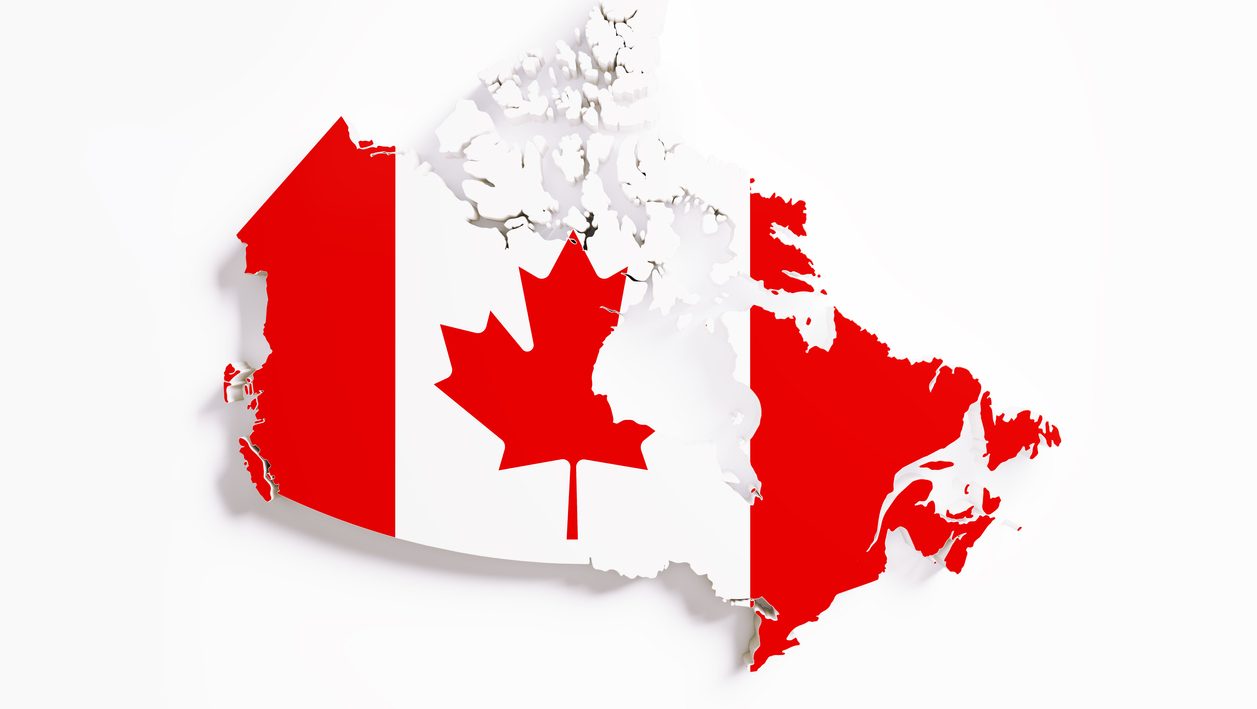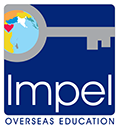
In a normal academic year, this week would have marked the end of classes for the winter semester at many Canadian universities and colleges, followed by a transition to final exams and the packing up of campus for the summer break.
Needless to say, this year has been anything but normal so far. During the month of March, Canadian higher education institutions – along with primary and secondary schools, language training centres, and other education providers – closed their buildings and campuses to in-person instruction and transitioned to deliver some or all of their programmes online. Many are now poised to continue to do so through spring and summer, and contingency planning for the 2020/21 academic year is ramping up even as the COVID-19 pandemic continues to take hold.
A recent survey by the Canadian Bureau for International Education (CBIE) points to a high level of concern among Canadian providers. Nearly eight in ten institutional respondents said that one of their primary concerns is that inbound students (or researchers or faculty) would be unable to take up or continue their studies or research in Canada.
A 26 March media release from Languages Canada also sounds the alarm for the country’s language training sector, and raises the real prospect that a number of schools could be forced to close as a result of the crisis.
“We felt the impact of COVID-19 a little earlier than everyone else, as practically all of our clients are international students who come to Canada to learn English or French. Many students have left the country,” said Gonzalo Peralta, Languages Canada’s executive director. “Currently, all of our private sector members’ classes are empty…We need substantial emergency help before it is too late and we have to rebuild everything from scratch.”
As is the case in most other leading ELT destinations, Languages Canada continues to press the federal government for targeted funding to help buffer the sector from the economic fallout of the pandemic.
This all comes on the heels of a remarkable performance by Canada as the world’s fastest-growing study destination over the last several years. By the end of 2019, there were nearly 643,000 visa-holding international students in the country and international education had become a leading Canadian export sector.
While the response to the crisis continues to evolve across all levels of government, here are some of the important policy directions that have emerged to this point.
Travel exemption confirmed
Canada effectively closed its borders to international travellers in a phased closure between 16 March and 18 March, and those travel restrictions remain in place today.
However, as we noted in an earlier report, Immigration, Refugees and Citizenship Canada (IRCC) announced on 20 March that, “Exemptions to the air travel restrictions will apply to foreign nationals who have already committed to working, studying, or making Canada their home, and travel by these individuals will be considered essential travel for land border restrictions.”
A significant qualifier here is that that exemption applies only to international students who held a valid study permit, or had been approved for a study permit, when the travel restrictions took effect on 18 March. The exemption will not apply to those whose study permit applications were approved after the border closures fully came into effect on that day.
IRCC has since confirmed that the exemption for international students officially came into force as of 26 March, meaning that eligible students may once again travel to Canada.
Those travelling by air will need to undergo a health check conducted by their airline before boarding a flight to Canada. Their health will again be assessed on arrival in Canada, and all incoming students will be required to self-isolate for 14 days immediately after arrival.
That the travel exemption is now officially in place is only the first step in welcoming new or returning students to Canada in the coming weeks and months. Restrictions on travel remain in place for many sending markets as well and flight capacity is greatly reduced. Newly arrived students will also need additional support for settlement and housing, both during their initial quarantine period and after.
Post-graduate work eligibility
In guidance updated on 29 March, IRCC also confirms that eligibility for the Post-Graduate Work Permit program will not be affected for those international students whose courses are now being delivered online on “an exceptional basis due to COVID-19”.
This is a significant development in that distance or online learning courses are not normally classed as eligible studies for purposes of a PGWP application.
The very-popular PGWP program allows international students who have completed a programme of at least eight months’ duration to stay on to work in Canada for up to three years, experience that can count towards a future application for permanent residency in the country.
International students eligible for emergency support
As of 6 April, the Government of Canada has begun to accept applications for the newly announced Canada Emergency Response Benefit (CERB). The programme provides emergency funding of CDN$500 per week for up to 16 weeks.
The government has confirmed that international students can be eligible for the CERB so long as they meet the following programme requirements:
- They live in Canada, and are at least 15 years old;
- They have been forced to stop working because of COVID-19;
- They had income of at least CDN$5,000 in 2019 or in the 12 months prior to the date of their application; and
- They expect to be without employment income for at least 14 consecutive days in the initial four-week period.
University Affairs magazine provides a cautionary note on the programme in that, “The previous-income requirement, however, disqualifies many student employees. Plus, students who rely on summer jobs to subsidise their schooling have seen most of those [jobs] disappear as the unemployment rate skyrockets. All of this leaves the student population facing a dire financial situation over the next several months.”
While this is an important point, international students who have been in Canada, and working in the range of the allowed limit of 20 hours per week during their studies over the past year, may well meet the minimum income threshold for CERB.
Access to Visa Application Centres
IRCC advises that many Canadian Visa Application Centres (VACs) are closed or operating under reduced hours at this time.
New applicants for Canadian study permits are advised to apply online wherever possible, and to at least check on the current status of their local VACs before trying to apply in person.
IRCC further notes that, “If your VAC is closed and you need to contact us urgently, use the web form. Do not go to a visa office.”




